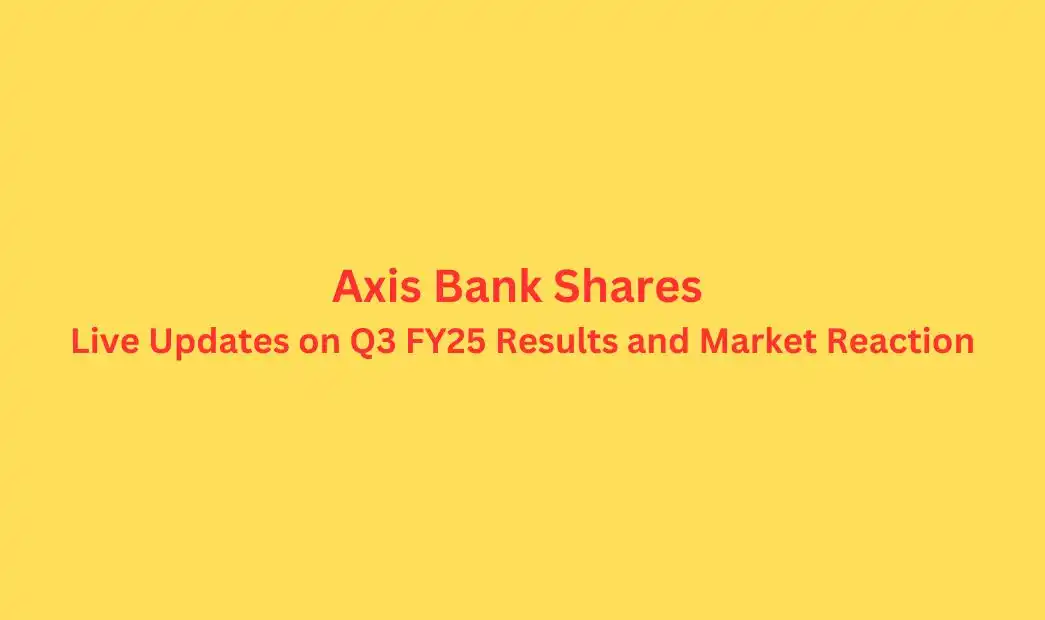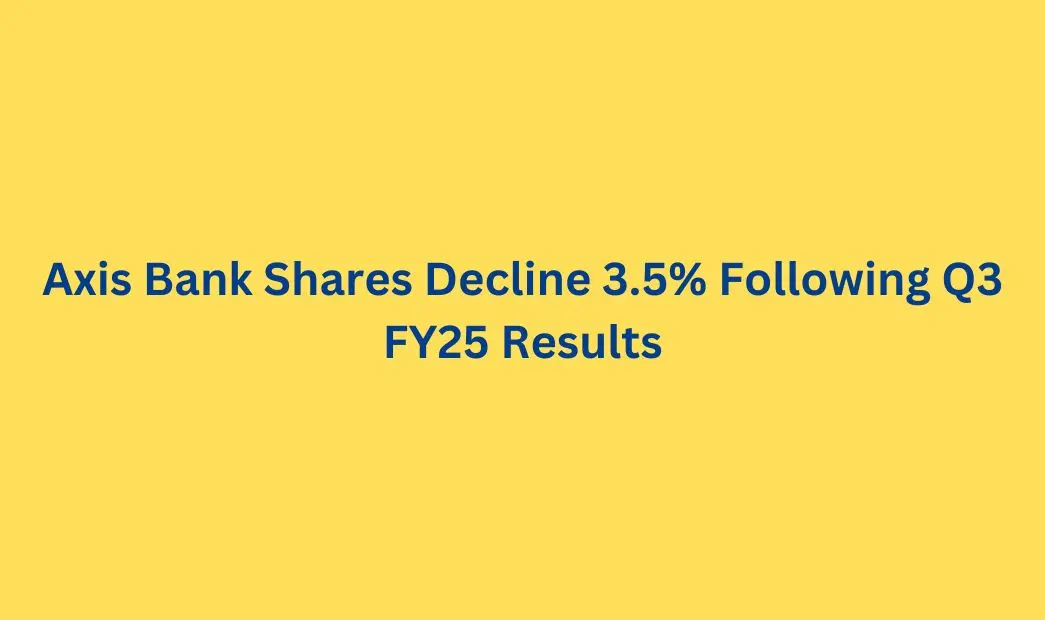What is a SIP?
Contents
- 1 What is a SIP?
- 2 How SIPs Work:
- 3 SIP Formula:
- 4 Benefits of SIPs:
- 5 Growth Potential:
- 6 FAQs:
- 6.1 What’s the minimum amount required to start a SIP? .
- 6.2 Can I change my SIP amount?
- 6.3 Are SIP returns guaranteed?
- 6.4 How long should I continue my SIP?
- 6.5 Can I withdraw my SIP investment anytime?
- 6.6 Is SIP better than lump sum investing?
- 6.7 Do I need to time the market for SIP investments?
- 6.8 Can I have multiple SIPs?
- 6.9 How are SIP returns taxed?
- 6.10 What happens if there are insufficient funds in my bank account for the SIP?
A Systematic Investment Plan (SIP) is an investment method offered by mutual funds where investors can invest a fixed amount regularly (usually monthly) in a mutual fund scheme.
How SIPs Work:
- You choose a mutual fund scheme and decide on a fixed amount to invest regularly.
- The amount is automatically deducted from your bank account on a set date.
- You are allocated fund units based on the current Net Asset Value (NAV) of the fund.
- This process repeats at regular intervals (usually monthly).
SIP Formula:
The formula to calculate the future value of SIP investments is:
M = P × ({[1 + i]^n – 1} / i) × (1 + i)
Where: M = Maturity Amount P = SIP Investment Amount i = Compound Interest Rate (Annual Rate / 12) n = Investment Duration in Months
Take for example you want to invest Rs. 1,000 per month for 12 months at a periodic rate of interest of 12%.
then the monthly rate of return will be 12%/12 = 1/100=0.01
Hence, M = 1,000X ({[1 +0.01 ]^{12} – 1} / 0.01) x (1 + 0.01)
which gives Rs 12,809 Rs approximately in a year.
The rate of interest on a SIP will differ as per market conditions. It may increase or decrease, which will change the estimated returns.
Benefits of SIPs:
a) Rupee Cost Averaging: By investing a fixed amount regularly, you buy more units when prices are low and fewer when prices are high, averaging out your purchase cost over time.
b) Power of Compounding: Returns earned on your investments are reinvested, generating additional returns over time.
c) Disciplined Investing: Regular, automatic investments promote financial discipline.
d) Flexibility: You can start, stop, or modify your SIP at any time.
e) Affordable: You can start investing with small amounts.
Pros of SIPs:
- Mitigates market timing risk
- Reduces the impact of market volatility
- Convenient and automated
- Suitable for beginners and risk-averse investors
- Allows for long-term wealth creation
Cons of SIPs:
- May underperform lump sum investments in consistently rising markets
- Requires long-term commitment for best results
- Returns are not guaranteed
- Still subject to market risks
Growth Potential:
SIPs can offer significant growth potential over the long term due to:
- Compound interest effect
- Market appreciation of underlying assets
- Disciplined and consistent investing
The actual growth depends on factors like the chosen fund’s performance, investment duration, and market conditions.
FAQs:
What’s the minimum amount required to start a SIP? .
It varies by fund, but many allow starting with as low as ₹500 per month
Can I change my SIP amount?
Yes, most funds allow you to increase, decrease, or pause your SIP investments.
Are SIP returns guaranteed?
No, SIP returns depend on the performance of the underlying mutual fund and market conditions.
How long should I continue my SIP?
SIPs work best over long periods, typically 5-10 years or more.
Can I withdraw my SIP investment anytime?
Yes, but there might be exit loads or tax implications depending on the holding period.
Is SIP better than lump sum investing?
It depends on market conditions and individual circumstances. SIPs are generally considered less risky due to rupee cost averaging.
Do I need to time the market for SIP investments?
No, the whole point of SIP is to avoid timing the market by investing regularly regardless of market conditions.
Can I have multiple SIPs?
Yes, you can have multiple SIPs across different funds or even within the same fund.
How are SIP returns taxed?
Taxation depends on the type of fund (equity or debt) and the holding period. Long-term capital gains on equity funds (held for more than 1 year) above ₹1 lakh are taxed at 10%.
What happens if there are insufficient funds in my bank account for the SIP?
The particular installment will be skipped. Repeated instances might lead to cancellation of the SIP mandate.




